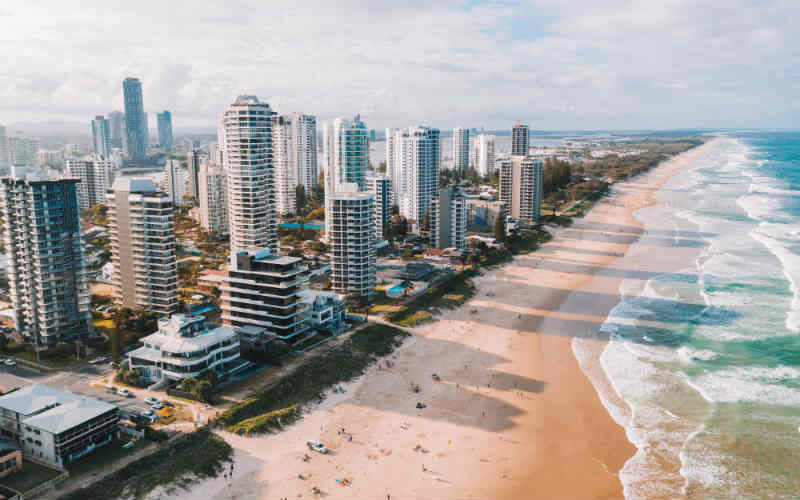In the first of his two appearances of the year fronting the House of Representatives Economics Committee, Dr Lowe suggested the softer household spending was a result of
On the extended run of slow income growth, Dr Lowe said it’s “plausible” households have responded by downgrading their spending plans.
“Since 2016, aggregate household disposable income has grown at an average rate of around 2.75% per year,” Dr Lowe said.
“This is down from an average of 6 per cent over the preceding decade.
“For many people, it has become harder to see the lower growth in income as just a short-term development that can be looked through.”
But Dr Lowe perpetuated the RBA’s mantra that wage growth will accelerate soon.
“We are expecting better news ahead, with growth in disposable income forecast to increase,” he said.
“Wages are rising more quickly in almost all industries and in all states
Why housing market troubles are impacting spending
Dr Lowe said the ongoing slowdown in the housing market was also having an impact on consumer spending, albeit a small one.
“Lower turnover means less of the spending that occurs when people move homes,” he said.
“Declining housing prices also make some people feel less wealthy, so they spend less, although this effect doesn’t look to be very large. Lower housing prices are also associated with less construction activity.”
Dr Lowe said while he understands the swing in house prices are difficult for some members of the community, he does see a positive side to them.
“This adjustment in the housing market is not expected to derail the economy,” he said.
“It will put our housing markets on more sustainable footings and allow more people to purchase their own home.”
For feedback or enquiries, email dominic.beattie@savings.com.au
Photo by Soroush Karimi on Unsplash




 Brooke Cooper
Brooke Cooper

 Harrison Astbury
Harrison Astbury
 Emma Duffy
Emma Duffy

